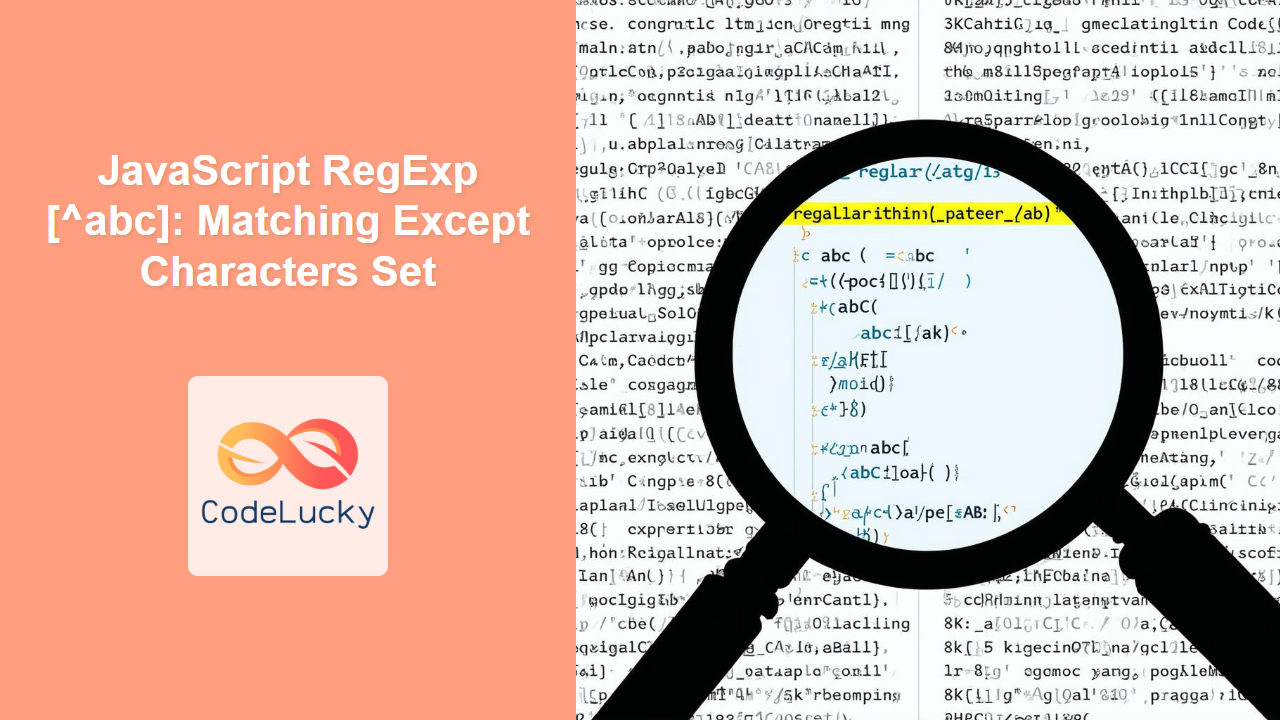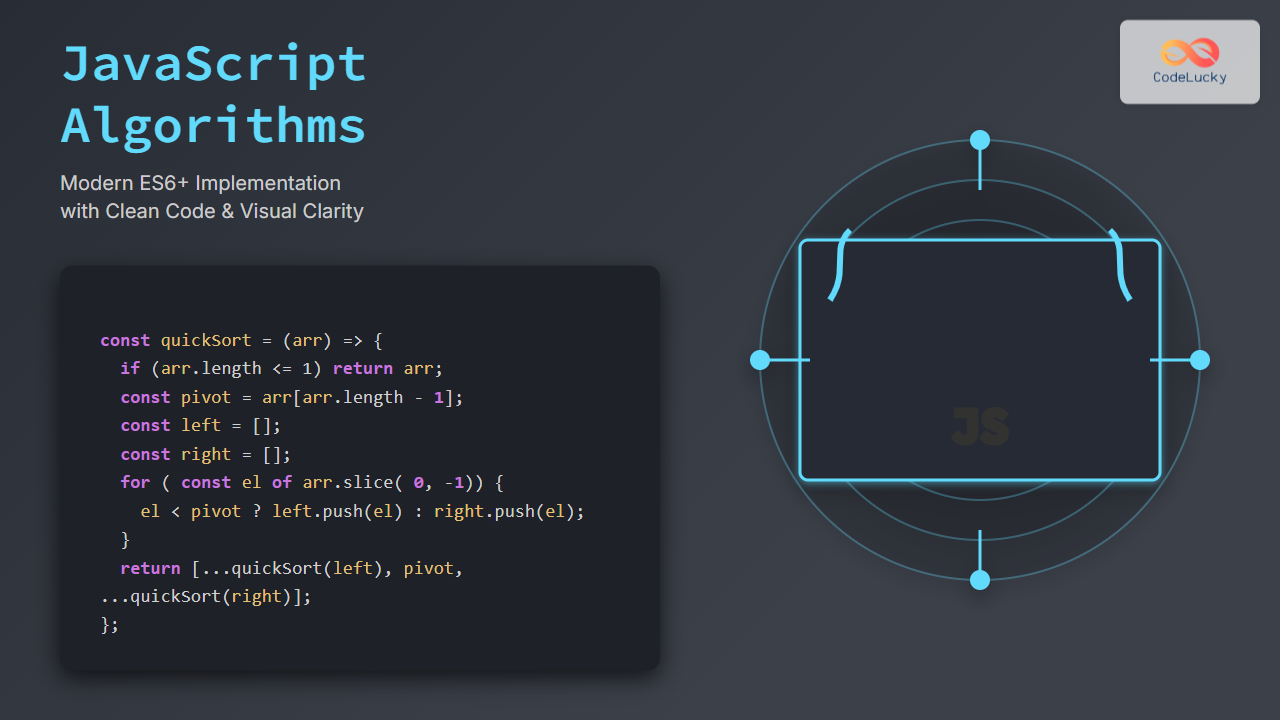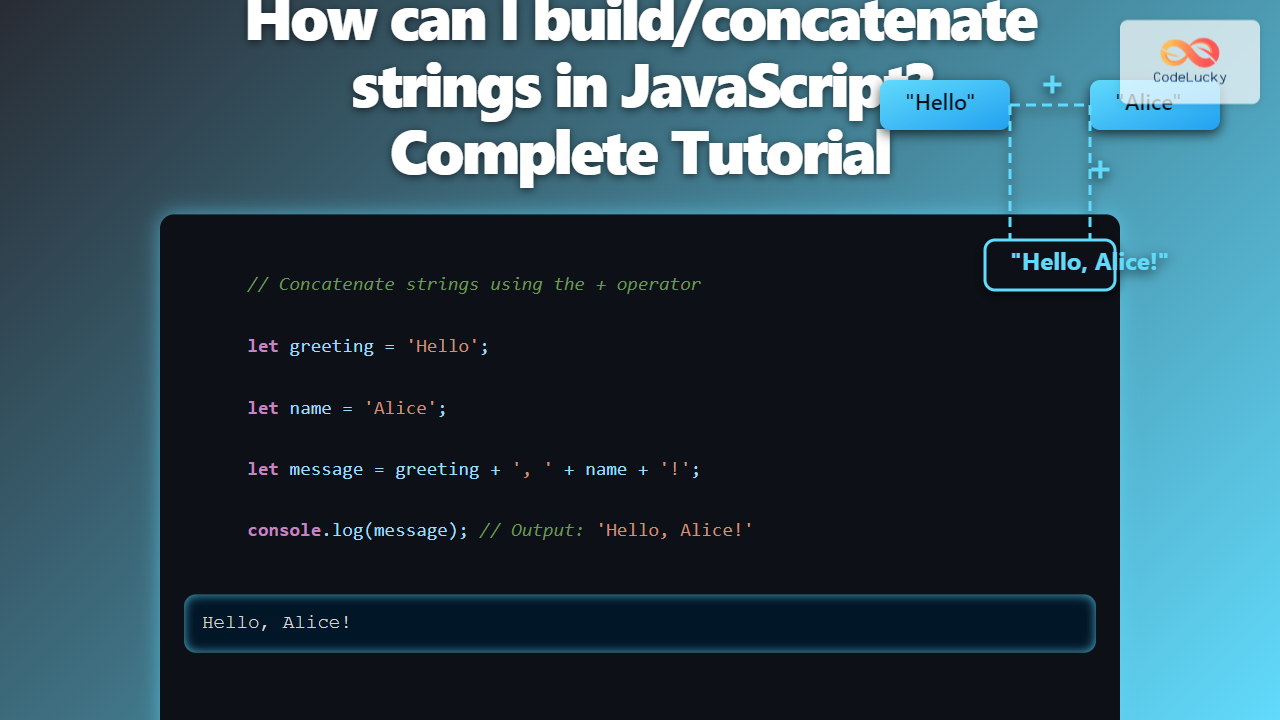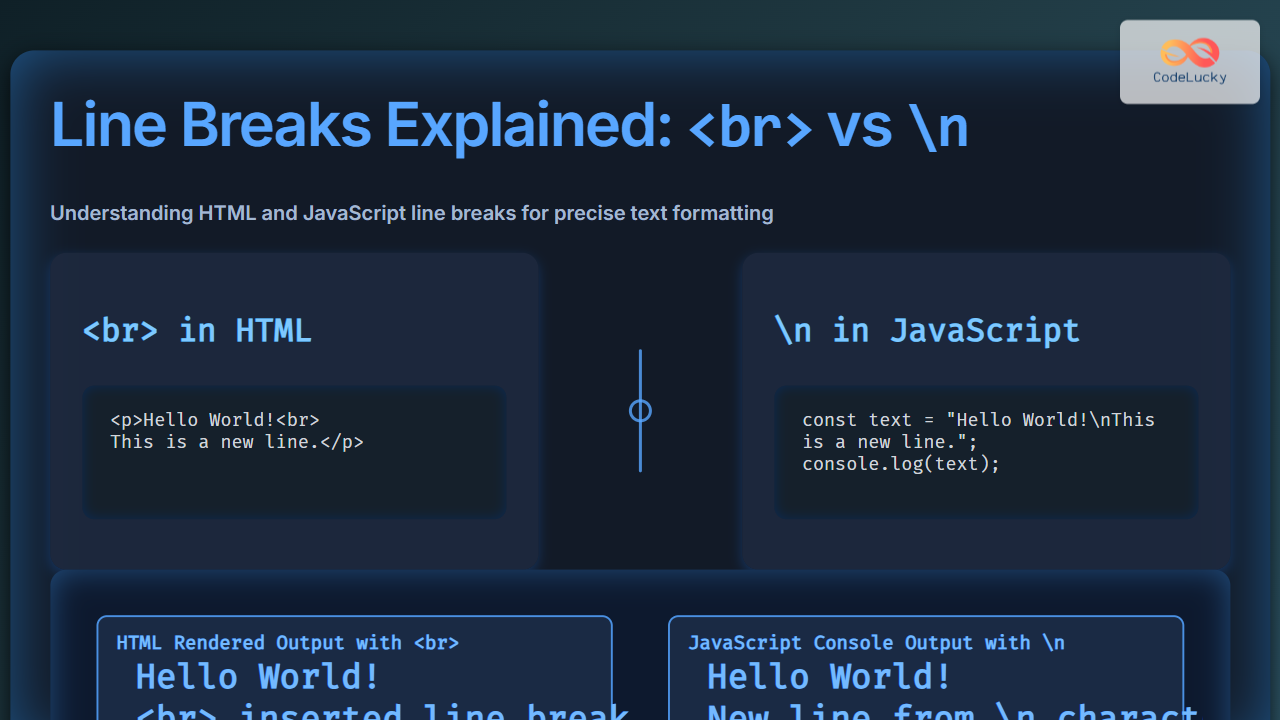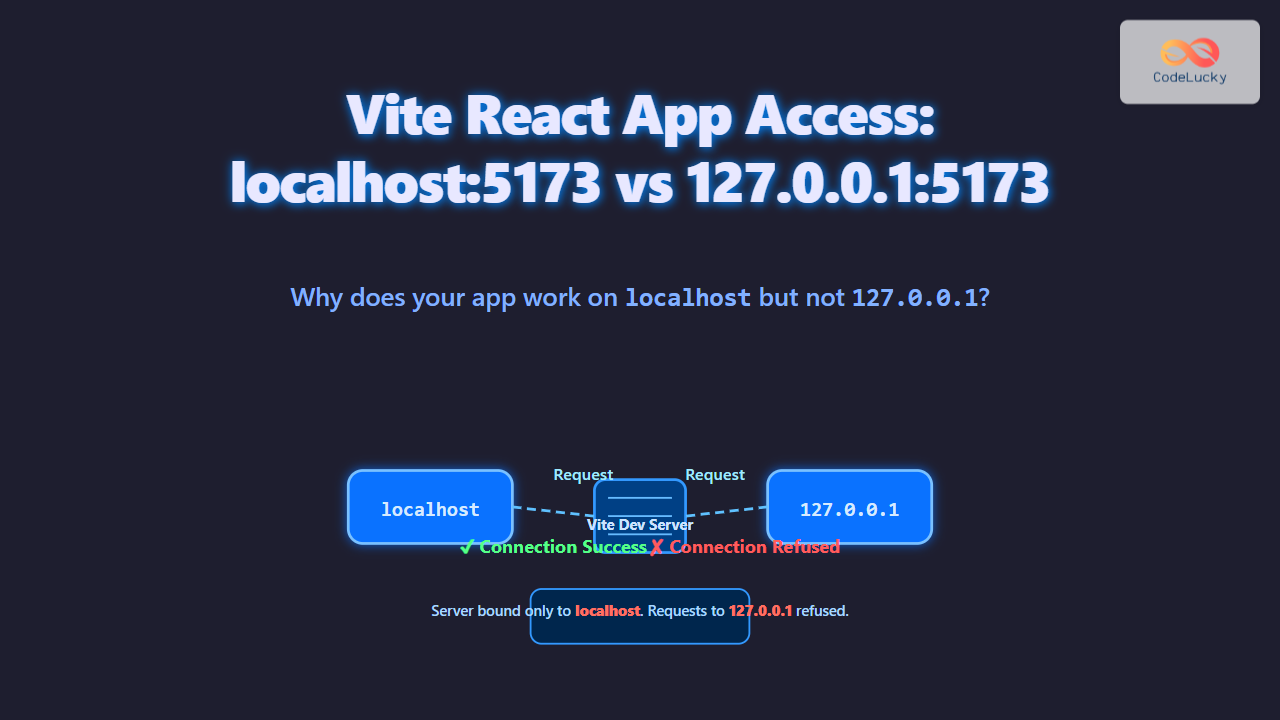JavaScript RegExp [^abc]: Matching Except Characters Set
In JavaScript, regular expressions are powerful tools for pattern matching within strings. The character set [^abc] is a specific type of regular expression component that allows you to match any character except those specified within the square brackets. This article will guide you through understanding and using [^abc] effectively.
Understanding [^abc]
The regular expression [^abc] matches any single character that is not a, b, or c. The caret (^) inside the square brackets negates the character set, meaning it matches any character other than those listed.
Syntax
const regex = /[^abc]/;
Here, / / denotes the regular expression literal, and [^abc] is the character set that matches any character except a, b, or c.
Practical Examples
Let’s dive into some practical examples to illustrate how [^abc] works in JavaScript.
Example 1: Basic Usage
This example demonstrates a simple case where we want to find the first character in a string that is not a, b, or c.
const str1 = "apple";
const regex1 = /[^abc]/;
const result1 = str1.match(regex1);
console.log(result1);
Output:
['p', index: 1, input: 'apple', groups: undefined]
In this case, the regular expression [^abc] found the character p at index 1, because p is not a, b, or c.
Example 2: Using test() Method
The test() method checks if a pattern exists in a string and returns true or false.
const str2 = "banana";
const regex2 = /[^abc]/;
const result2 = regex2.test(str2);
console.log(result2);
Output:
true
The test() method returns true because the string banana contains characters other than a, b, or c (specifically, n).
Example 3: Global Search
To find all characters that are not a, b, or c, use the global flag g.
const str3 = "cabaret";
const regex3 = /[^abc]/g;
const result3 = str3.match(regex3);
console.log(result3);
Output:
['r', 'e', 't']
The global flag g ensures that all matching characters (r, e, t) are found and returned in an array.
Example 4: Case Sensitivity
Regular expressions in JavaScript are case-sensitive. To perform a case-insensitive search, use the i flag.
const str4 = "Apple Banana Carrot";
const regex4 = /[^abc]/i;
const result4 = str4.match(regex4);
console.log(result4);
Output:
['A', index: 0, input: 'Apple Banana Carrot', groups: undefined]
Without the i flag, the expression would not match the uppercase A.
Example 5: Using with Other Regular Expression Components
You can combine [^abc] with other regular expression components to create more complex patterns.
const str5 = "123abc456def";
const regex5 = /[^abc]\d+/;
const result5 = str5.match(regex5);
console.log(result5);
Output:
['123', index: 0, input: '123abc456def', groups: undefined]
Here, [^abc]\d+ matches a character that is not a, b, or c, followed by one or more digits.
Example 6: Matching Special Characters
The character set [^abc] can also be used to exclude special characters.
const str6 = "hello!@#world";
const regex6 = /[^a-zA-Z0-9\s]/g; // Exclude alphanumeric characters and whitespace
const result6 = str6.match(regex6);
console.log(result6);
Output:
['!', '@', '#']
In this example, we’re matching special characters by excluding alphanumeric characters and whitespace.
Example 7: Real-World Scenario: Data Validation
Suppose you want to validate a username to ensure it doesn’t contain a, b, or c.
function validateUsername(username) {
const regex7 = /[^abc]/i;
return regex7.test(username);
}
console.log(validateUsername("defUser"));
console.log(validateUsername("abcUser"));
Output:
true
false
The validateUsername function checks if the username contains characters other than a, b, or c, returning true if it does and false otherwise.
Example 8: Finding Non-matching words
const str8 = "apple banana orange kiwi abc";
const regex8 = /\b([^abc\s]\w*)\b/g;
const matches8 = str8.match(regex8);
console.log(matches8);
Output:
[ 'orange', 'kiwi' ]
This regular expression finds all words in the string that do not start with the letters ‘a’, ‘b’, or ‘c’.
Key Considerations
- Case Sensitivity: Regular expressions are case-sensitive by default. Use the
iflag for case-insensitive matching. - Global Search: Use the
gflag to find all occurrences of the pattern in the string. - Combining with Other Components:
[^abc]can be combined with other regular expression components to create more complex and specific patterns.
Common Pitfalls
- Forgetting the Global Flag: Without the
gflag, you’ll only find the first occurrence of the pattern. - Incorrectly Negating the Character Set: Ensure the caret (
^) is inside the square brackets to negate the set correctly. - Case Sensitivity Issues: Remember to use the
iflag for case-insensitive matching when needed.
Summary Table
| Regular Expression | Description | Example | Output |
| —————— | —————————————————- | ———————- | ————————————————————- |
| /[^abc]/ | Matches any character that is not a, b, or c. | "apple".match(/[^abc]/) | ['p', index: 1, input: 'apple', groups: undefined] |
| /[^abc]/g | Matches all characters that are not a, b, or c. | "cabaret".match(/[^abc]/g) | ['r', 'e', 't'] |
| /[^abc]/i | Case-insensitive matching of non-a, b, c. | "Apple".match(/[^abc]/i) | ['A', index: 0, input: 'Apple', groups: undefined] |
| /[^abc]\d+/ | Matches non-a, b, c followed by one or more digits. | "123abc456".match(/[^abc]\d+/) | ['123', index: 0, input: '123abc456', groups: undefined] |
Conclusion
The [^abc] regular expression component is a valuable tool for pattern matching in JavaScript. By excluding specific characters, you can create more precise and effective regular expressions for various tasks, such as data validation, text processing, and more. Understanding how to use [^abc] and its variations will enhance your ability to work with regular expressions in JavaScript. 🚀

